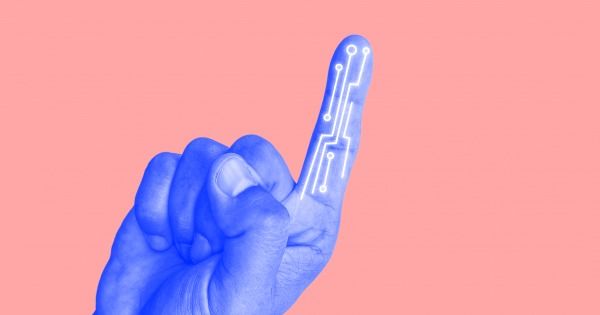This is the next generation of robotic prosthetics. Here’s how they work.
Watch the full TED Talk here: http://bit.ly/2LQErPg
This is the next generation of robotic prosthetics. Here’s how they work.
Watch the full TED Talk here: http://bit.ly/2LQErPg




“Our main goal is to let patients control them as naturally as though they were their biological limbs,” says Professor Dario Farina from Imperial College.
A team of scientists from Imperial College London and the University of Göttingen have teamed up to create a ‘next generation’ bionic hand. This bionic hand is special because it uses artificial intelligence to improve its functionality.


https://paper.li/e-1437691924#/
Would you put on an exoskeleton that meant you could run for an entire day without getting tired?
What about one that would allow you to stay on your feet longer at work?
The technology to give people superhuman strength is currently being developed but the ethical questions about whether we should be developing it and in what circumstances it should be used, are only just beginning to be asked.
My grandparents’ generation saw the arrival of technology in peoples’ homes; my parents’ generation saw the arrival of technology in people’s lives; and the current generation is seeing the arrival of technology in peoples’ body.
Neil Harbisson goes into his goals and aspirations to unlock the potential of humanity and awaken a new age of cyborgism with the help of emerging technologies.
To understand our future evolution we need to look to our past.
Will our descendants be cyborgs with hi-tech machine implants, regrowable limbs and cameras for eyes like something out of a science fiction novel?
Might humans morph into a hybrid species of biological and artificial beings? Or could we become smaller or taller, thinner or fatter, or even with different facial features and skin colour?
Seismic is combining clothing and robotics into what they call Powered Clothing™. They aim to get exosuits into stores by the end of 2018 in the US, Japan and the UK.